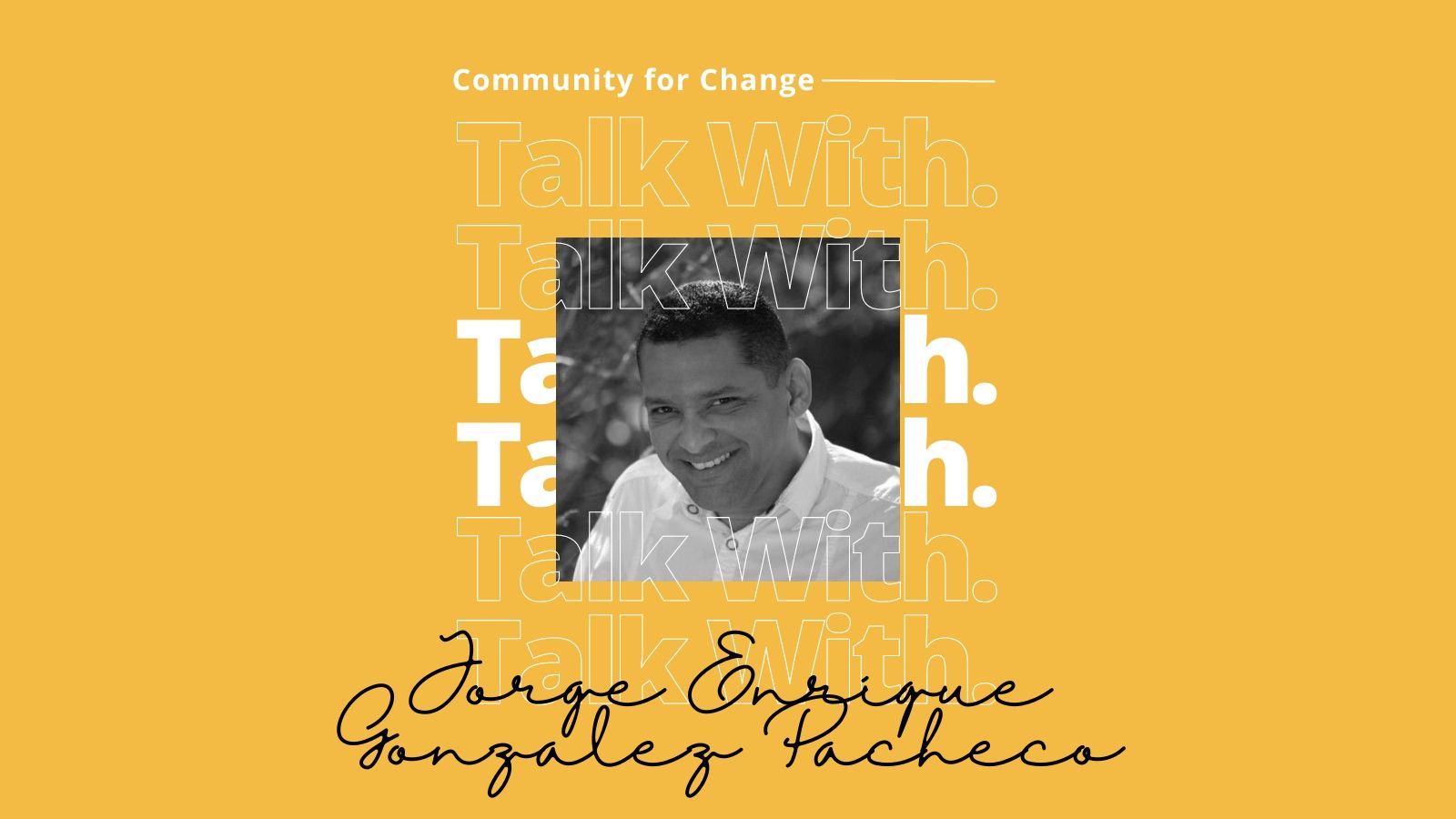How Jorge Enrique González Pacheco Became a Leading Voice in the PNW for the Latino Community
Sep 28

Empty space, drag to resize
Jorge Enrique González Pacheco is an international award-winning Cuban poet, film industry professional, and founder of the Seattle Latino Film Festival (SLFF) which showcases Latinx films in the Pacific Northwest. Jorge's Cuban-American background drives his passion of bringing Hispanic art and culture to educate his community.
This year, the SLFF celebrates 15 years of programming and runs from October 6 through October 14 in Seattle.
Symbonic: Tell us about your background and you founded the Seattle Latino Film Festival!
Jorge Enrique González Pacheco: I was born in Cuba and grew up there, but left my country to live in Mexico. Before I left Cuba, I was so connected with the film industry. I had been working with the Film Institute of Havana because I'm also a writer. More of a poet, but I was connecting literature with films. In Mexico, I began work with the Gudalajara International Film Festival and eventually moved to Miami where I was working as a reviewer of the official program for the Miami Film Festival. Through my work, I came to Seattle in 2006. In 2009, I met the director for Celia: The Queen and was inspired to create a film festival in Seattle specifically for Latinos.
We had a huge event, around 300 people. It was from that that I thought, it's time to start a film festival for Latinas. It was time for the Latina community to have equal opportunity, they work more with social issues and I wanted to do something with art. We opened the festival in September of 2009. This year is our 15th edition. Now I am the Chief of Programming. Now Seattle Latino Film Festival is one of the top five best Latino Film Festivals in the United States because of we bring the Latino cinema to Seattle and show them in real venues.
S: Why was it important to start the film festival?
JEGP:
I always say when I'm teaching film, I talk to my students and say "are you living your own life right now"? This is the way that people can learn about Latinos in general, how beautiful we are as a community and how diverse we are as well. I think this is important to show. This is our mission. Bring together filmmakers and allow the film festival to be a bridge. It's like an embassy of Latino countries.
S: How are you bringing subjects that matter to Latinos to the forefront and stay away from stereotypical topics?
JEGP: One of the challenges every year for planning the festival is topics. What kind of topics can we bring to attention about Latinos that people don't understand very well is one of the things we ask ourselves. For example, this year at the Seattle Latino Film Festival, which runs October 6 through 14, we want to show film with music. WE have drama, we have comedy, we have thriller, we have all of that, but the main topic is music. People know Latino music, but they don't know Latino jazz. We also want to show the LGBTQ community. We have a big program with documentaries, feature films, that talk about LGBTQ+ in Latino groups. It's hard for us to talk about, so it's good to show and recognize this part. People know about the immigration or undocumented narrative in the community, but people don't know how diverse we are in the LGBTQ community and including art and literature.
S: What do you hope will be the next shift for the future of Latinos in entertainment and media?
JEGP: That's a good question, because I've been talking a lot about the future with my colleague. We are doing an incredible job in the film industry and media in general. Now more Latino's are second generation, speaking English and Spanish fluently. They want to change the industry with their personal histories, sharing their families and friends, where they come from. They want to show how diverse we are. They also want to integrate the United States lifestyle and what it means to be a modern day Latino. They want to look like a doctor, engineer, or investor, not the dangerous guy or part of a gang. I think this is good. More film with Latinos doing different characters. The future is changing the stereotype and educating to change the perception. We are hard workers and bring a lot to the table, and that deserves to be celebrated.
Empty space, drag to resize
Empty space, drag to resize



